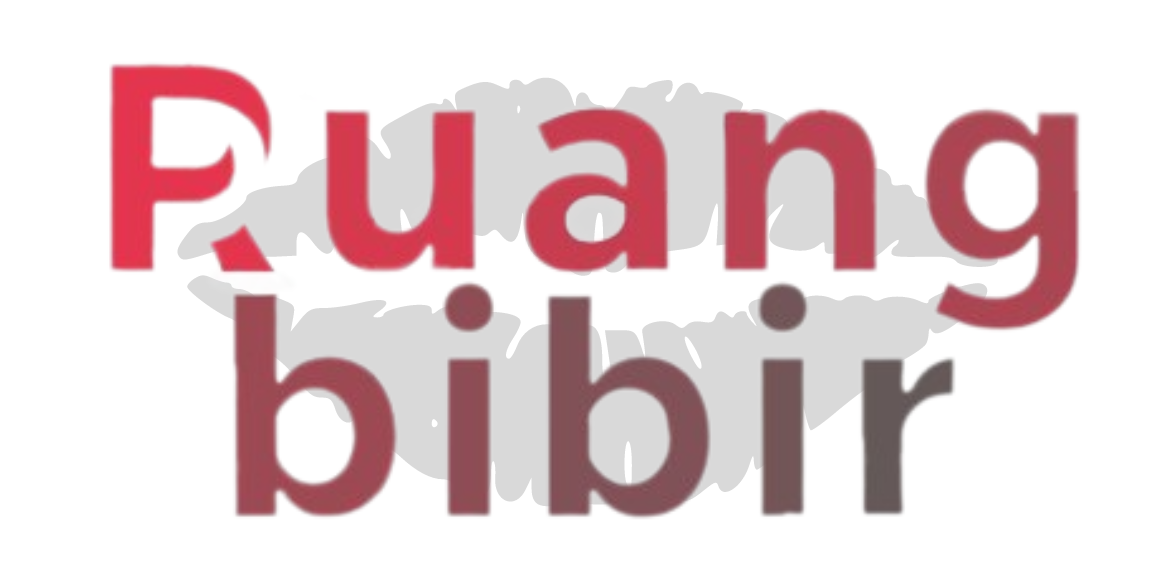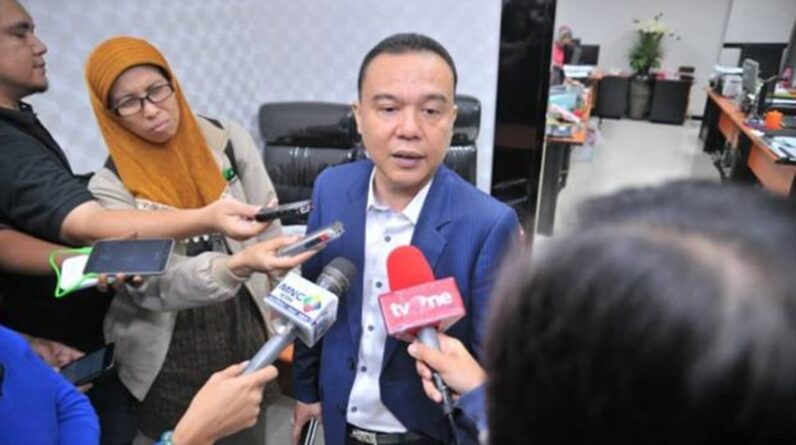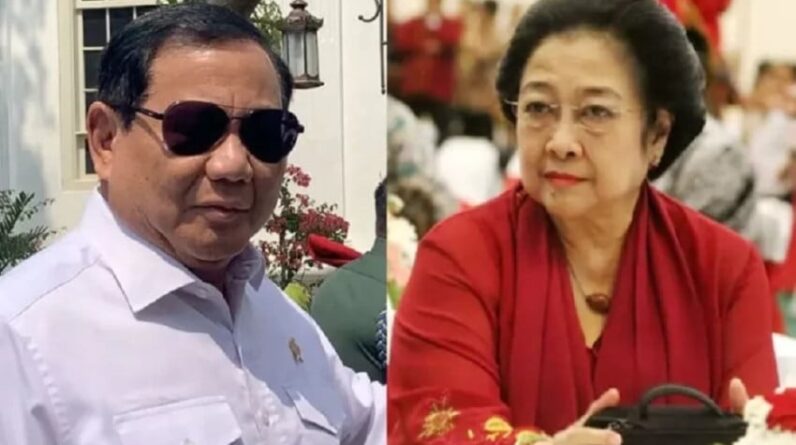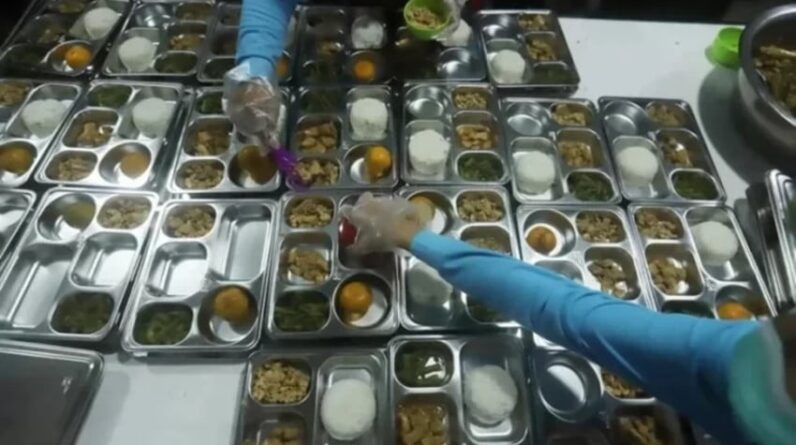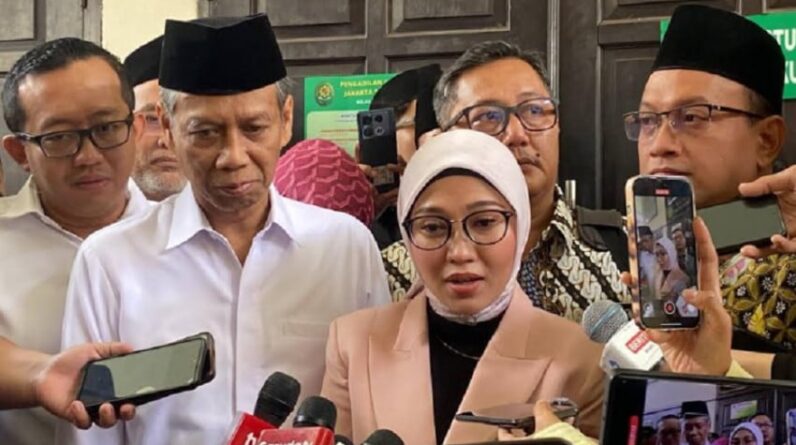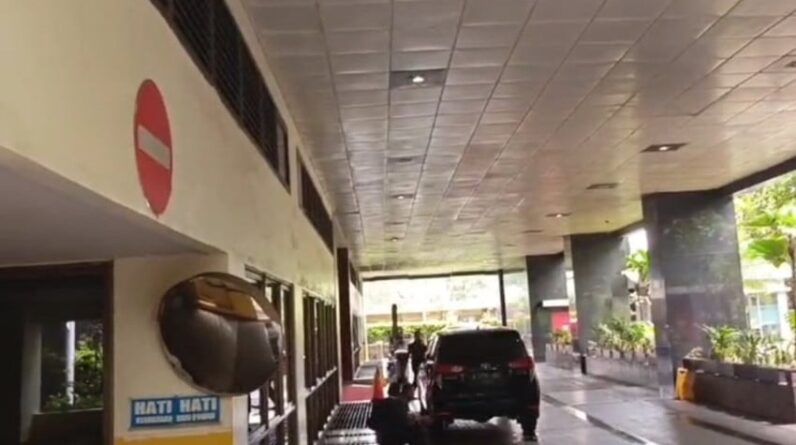
loading…
Arif Budi Setyawan, mantan narapidana kasus terorisme. FOTO/IST
Hal tersebut diungkapkan oleh Arif Budi Setyawan, mantan narapidana kasus terorisme yang kini aktif dalam upaya pencegahan ekstremisme. Menurut Arif, konflik di Timur Tengah tidak semata-mata didasari oleh alasan agama, namun juga dipengaruhi oleh kepentingan politik, ekonomi, dan ideologi tertentu.
“Perang itu punya motif politik dan ekonomi. Perang butuh energi, pasukan, dan motivasi yang kuat. Agama memang sering dijadikan pemicu, tapi itu bukan alasan utama,” ungkap Arif dalam pernyataannya, Rabu (18/6/2025).
Arif menyoroti pentingnya berpikir kritis dalam menghadapi informasi, khususnya narasi bernuansa ekstrem yang kerap tersebar di media sosial. Ia mengingatkan bahwa masyarakat perlu mencermati tujuan dari setiap narasi yang muncul agar tidak mudah terprovokasi.
“Narasi itu arahnya ke mana? Kita harus mempertanyakan apakah itu berdampak positif atau justru memecah belah kehidupan berbangsa dan bernegara,” ujar pria asal Tuban, Jawa Timur tersebut.
